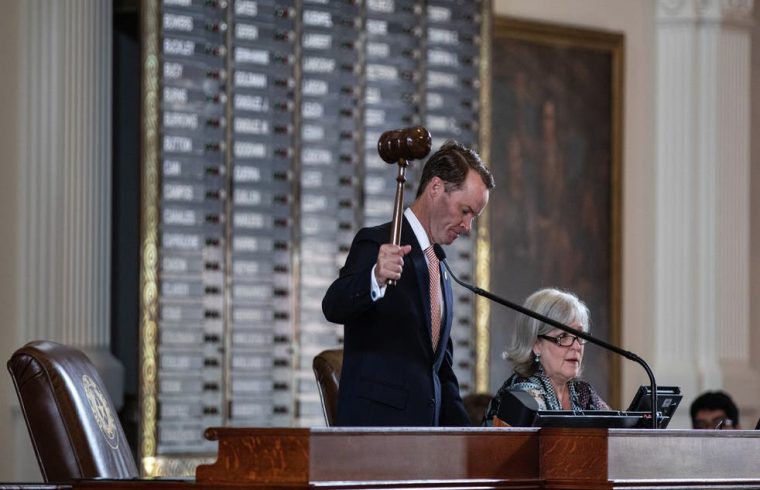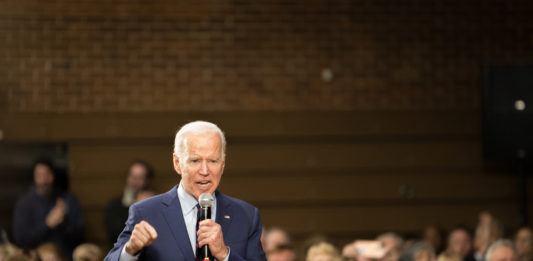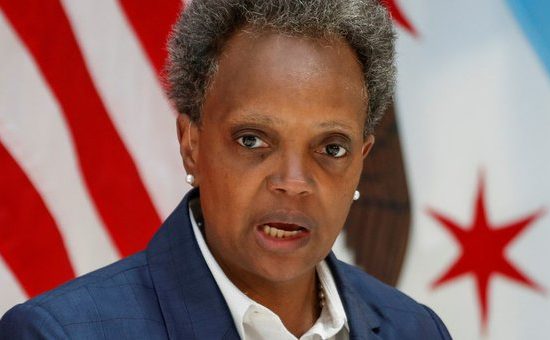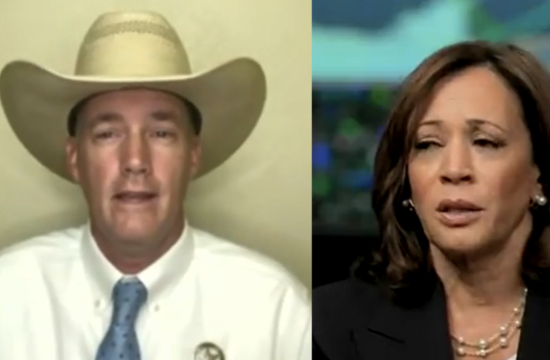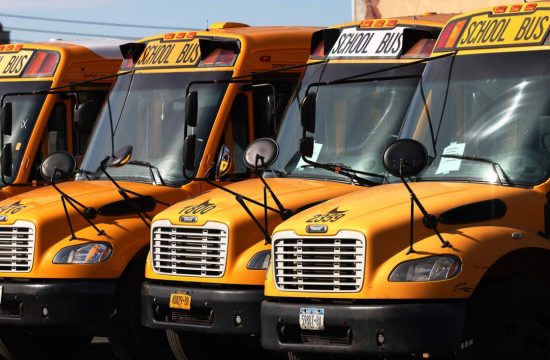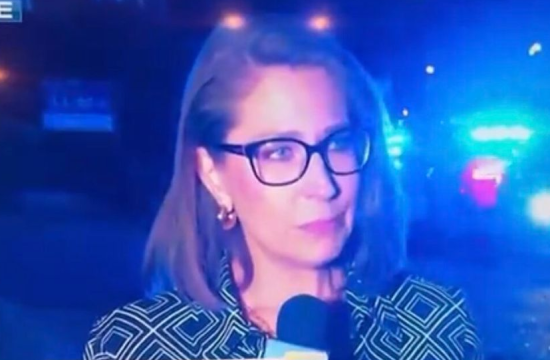The Texas House of Representatives approved a voting bill on Thursday, six weeks after Democrat legislators fled Texas in an attempt to deny the legislature quorum.
After three absentee Democrats returned to the statehouse on Aug. 19, the House resumed its business. They claimed that they had brought national attention to the Texas bill and encouraged U.S. lawmakers on how to proceed with federal voting rights legislation.
After hours of heated debate, Thursday’s vote to move the bill forward was widely anticipated because the Republican majority in the state legislature was dominant.
The bill was approved by 79 votes to 37, mostly on party lines. It will now be up for a final vote in Texas House. It is widely believed that the bill will pass in the Senate and the House, paving the way for Republican Governor Greg Abbott’s signing of the bill into law.
On July 12, the exodus of Democrat legislators set off one of the longest political battles over U.S. statehouse restrictions on voting access. Republicans have supported the measures, citing ex-President Donald Trump’s claim that voter fraud cost him his November election.
Texas’ bill would ban drive-through voting and 24-hour voting locations. It also introduces new identification requirements for mail-in voting. It also prohibits election officials from sending unsolicited mail-in ballot applications. It empowers partisan poll watchers.
Democrat legislators and voting rights advocates claimed that limiting flexible voting methods, and other provisions in the bill would disproportionately hinder voters of color. This charge was denied by its Republican supporters.
Republican House Speaker Dade Phelan asked members to refrain from using the term “racism” in Thursday’s House debate. He rebuked Democrat Rep. Gina Hinojosa who asked if intentional discrimination against members of a particular race was “racism.”
“I’m sorry that when we talk about discriminatory impact it bothers people,” Democrat Rep. Rafael Anchia said during the debate, citing federal court rulings that found other recent Texas voting legislation discriminatory.
The John Lewis Voting Rights Advancement Act, which updates federal voting safeguards, was approved by the U.S. House of Representatives Tuesday. However, it has slim chances of passing the Senate. Senate Democrats pledge to continue with the For the People Act, which has been stalled in that chamber.

